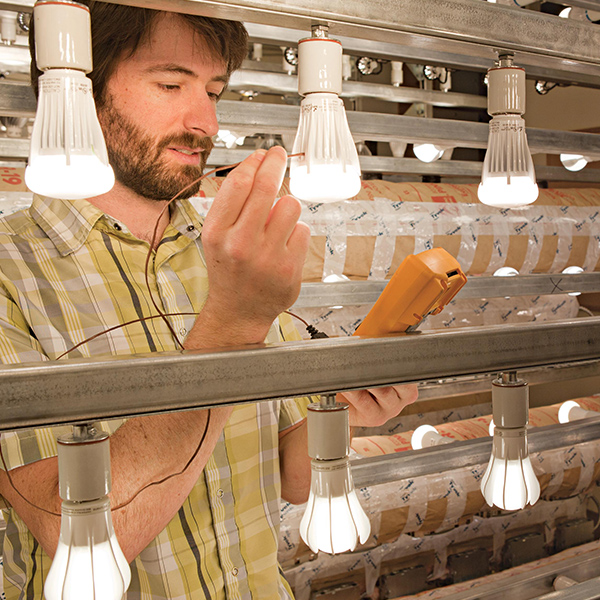Industrial Decarbonization Symposium 2024 Videos Now Available

On April 16, 2024, UC Davis hosted the second Industrial Decarbonization Symposium, bringing together more than 200 industry leaders, utilities, regulators, and researchers to collaborate on reducing carbon emissions in our industrial landscape.
Special Webinar: Dr. David Kathan and the Future of Distributed Energy Resources

Special Presentation: Dr. David Kathan and the Future of Distributed Energy Resources
Monday, June 3, 2024 at 12pm
UC Davis Energy and Efficiency Institute, 1605 Tilia St, Davis CA
Slipping Through the Cracks: How Advances in Aerosol Sealing May Hold the Key to Greater Home Energy Efficiency

Research conducted by the U.S. Department of Energy’s Office of Energy Efficiency and Renewable Energy, the Center for Energy and Environment, and the UC Davis Western Cooling Efficiency Center delves into the benefits of aerosol envelope sealing techniques for existing residential buildings.
UC Davis Energy News – April 2024

UC Davis Symposium Paves the Way to Industrial Sustainability On April 16, 2024, UC Davis hosted the second Industrial Decarbonization Symposium, bringing together more than 200 industry leaders, utilities, regulators, and researchers to collaborate on reducing carbon emissions in our industrial landscape. Participants explored innovative ideas and forged strategic partnerships to drive actionable solutions, advancing towards […]
CLTC Videos Shed Light on New CA Standards

The California Lighting Technology Center recently released its video series covering the 2022 Title 24, Part 6 lighting requirements.
Energy Bites Seminar May 30th, 2024

Thursday, May 30th, 2024 | 12PM-1PM Alternative Energy for Vessels: a Look at Methanol, Hydrogen, and Ammonia Shannon Andrew, EGG
Energy Bites Seminar May 23rd, 2024

Thursday, May 23rd, 2024 | 12PM-1PM Valley Clean Energy Lucas Frerichs, Yolo County Supervisor, Valley Clean Energy Board of Directors Lucas Frerichs is a member of the Yolo County Board of Supervisors representing District 2. He previously served as the Mayor of Davis and as a member of the Davis City Council from 2012 to 2022. During […]
Energy Bites Seminar May 16th, 2024

Thursday, May 16th, 2024 | 12PM-1PM Microchannel Polymer Heat Exchangers for Residential Applications Valentina Arevalo, WCEC Additively Manufactured Heat Exchangers for solar thermal applications Ines-Noelly Tano,WCEC Watch Video
Energy Bites Seminar May 9th, 2024

Thursday, May 9th, 2024 | 12PM-1PM Decentralizing and Democratizing Energy Supply Lorenzo Kristov Dr. Lorenzo Kristov is an independent consultant who continues to delve into areas initiated during his tenure at the California Independent System Operator (CAISO). His focus lies within the realm of electric system evolution, specifically toward an integrated-decentralized structure. The accelerating progression […]
Energy Bites Seminar May 2nd, 2024

Thursday, May 2nd, 2024 | 12PM-1PM Energy and Sutainability Policy Advising in the US Department of StateMark Mascal EGG Using Pinch Analysis for Industrial Heat Pump IntegrationOvais Khan, EGG Watch Video

